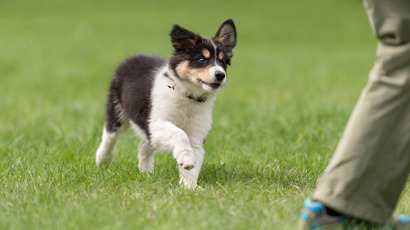Puppy Vaccination Schedule
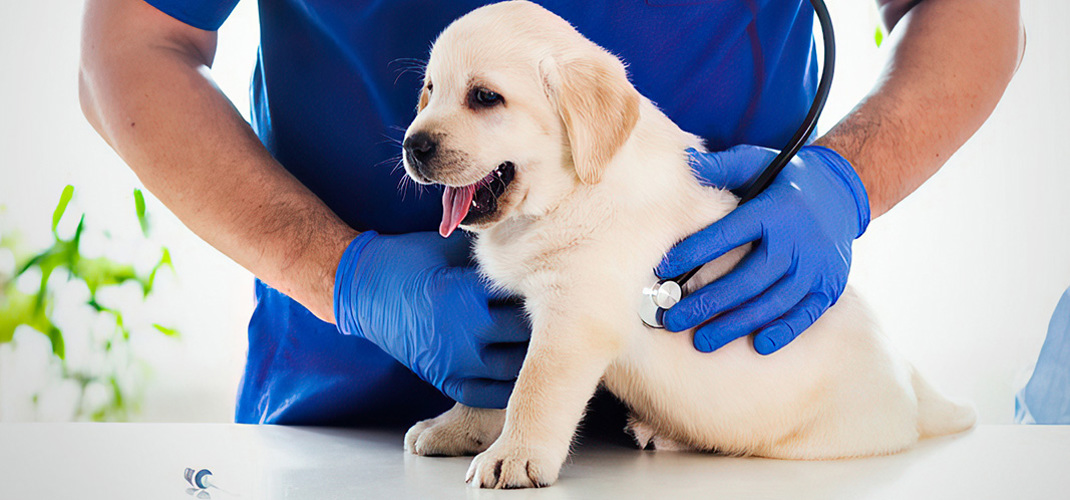
Congratulations on your new puppy!
Now that your puppy has settled in at home, how do you ensure that your new puppy has the best protection against preventable infectious diseases? Luckily, nowadays we have effective puppy vaccinations that help protect them from these dangerous infections.
Here is a simple guide that you can follow so that your puppy has the best chance of remaining protected right up until adulthood. Vaccination guidelines vary in animal shelters and between different regions of Australia and NZ. The protocol may also vary depending on the specific brand of vaccine that your vet stocks. Below is the approach that I use in my practice.
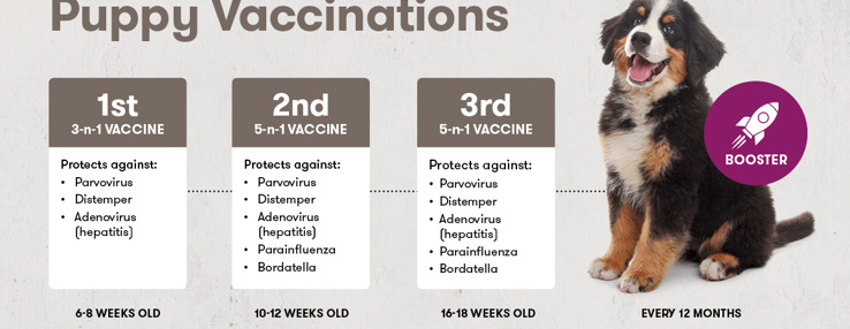
1st Puppy Vaccinations: 6-8 weeks old
The first puppy vaccinations consist of a 3-in-1 vaccine known as a C3, which covers the following life-threatening diseases:
- Parvovirus
- Distemper
- Adenovirus (also known as hepatitis)
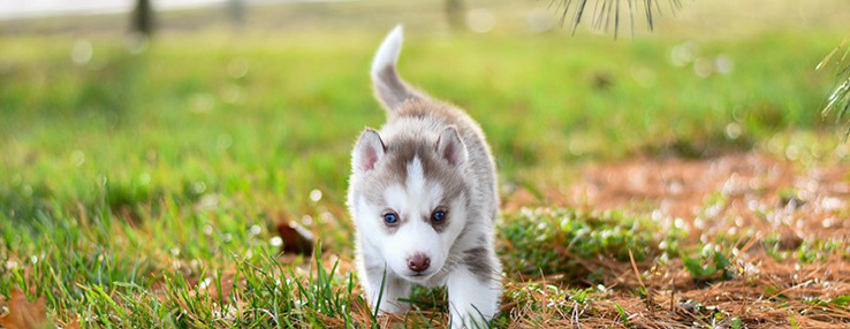
The majority of puppies in Australia and NZ will usually have had their first puppy vaccination before you bring them home, but it is vital to ensure you have a vaccination certificate that confirms this.
2nd Puppy Vaccinations: 10-12 weeks old
The second puppy vaccinations consist of a 5-in-1 vaccine known as a C5:
- Parvovirus
- Distemper
- Adenovirus (hepatitis)
- Parainfluenza
- Bordatella
- Leptospirosis vaccination may also be recommended by your veterinarian and is depends on your geographical location.
Usually the second puppy vaccinations take place approximately 4 weeks after the 1st one with your vet. As you can see in the list above, the 2nd vaccination includes a 2nd dose of the C3 vaccine and may also include vaccination against canine infectious tracheitis, sometimes known as canine cough or kennel cough. Canine cough consists of a viral component (Parainfluenza) and a bacterial component (Bordetella). This vaccine can be administered as an intranasal dose (given as a drop into the nostrils), an oral dose (given as a drop into the mouth) or an injectable dose (which can be added to the C3 vaccine and given as a single injection under the skin).

3rd Puppy Vaccination: 16-18 weeks old
The final puppy vaccinations are a repeat of the 5-in-1 C5 vaccine:
- Parvovirus
- Distemper
- Adenovirus (hepatitis)
- Parainfluenza
- Bordatella
- +/- Leptospirosis vaccination
The final puppy vaccinations take place at a minimum age of 16 weeks because prior to this age, maternal antibodies, acquired when the puppy was feeding from their mother, may still be circulating in your puppy’s blood stream and these can interfere with the way the vaccine works1, 2.

Annual vaccinations & general health checks
Each time your puppy has a vaccination, your vet will perform a clinical examination and this will give you the opportunity to ask questions about your puppy’s general health, including the importance of puppy food that offers high-quality nutrition during your puppy’s rapid growth phase.
More information about puppy nutrition here.
Once your puppy’s initial vaccinations have been completed, your veterinarian will usually recommend a booster approximately 12 months after the final puppy vaccination was given. From then on, an annual health check is recommended and recommendations for future vaccinations will be discussed with your vet. Along with a discussion about when to move your growing pup onto adult dog food.
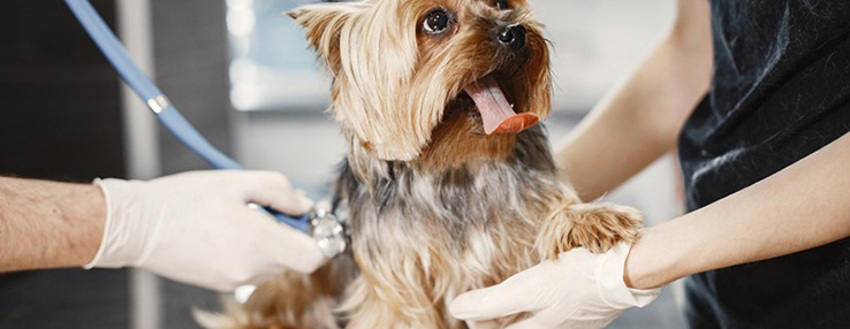
A Note on Leptospirosis
Puppy parents may have heard about Leptospirosis, a serious bacterial infection causing liver and kidney disease that can affect both pets and humans in certain parts of Australia.
Transmission depends on the type, but dogs may become infected from environments contaminated with infected rat urine, eating or getting bitten by an infected rat or via urine from infected livestock (e.g. dairy farms, pig farms). The disease is more common in regions where there is high rainfall as well as inner-city areas with heavy rat populations3. Remember to discuss the risks of Leptospirosis with your local veterinarian to see if it is a problem in your area.
References:
1. Pollock RV, Carmichael LE Maternally derived immunity to canine parvovirus infection: transfer, decline, and interference with vaccination. J Am Vet Med Assoc 1982;180(1):37-42.
2. Day MJ, Horzinek MC, Schultz RD et al. WSAVA Guidelines for the vaccination of dogs and cats. J Small Anim Pract 2016;57:E1–45.
3. Effler P. Leptospirosis: key things to know about this quintessential zoonotic pathogen. Microbiology Australia 2020; 41:19-22.
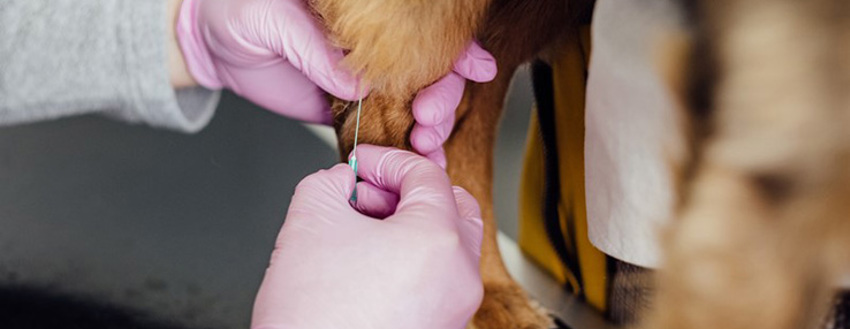
Core vs non-core vaccinations
When you first adopted your puppy, you might have heard the terms “core vaccinations” and “non-core vaccinations” floating around. But what does this mean?
“Core vaccinations” are vaccines that every dog must receive, no matter their age, environment, habits, breed or circumstances. These vaccinations help protect your dog against life-threatening diseases, including distemper, adenovirus, and parvovirus.
“Non-core vaccines” are required based on the dog’s geographic location, environment and lifestyle. Non-core vaccines cover parainfluenza virus, bordetella bronchiseptica, and leptospira interrogans — all related to kennel cough.
Core and non-core dog vaccinations can also help protect against:
- Rabies — Australia is considered rabies-free, unlike other countries like America, where a rabies vaccination is considered a “core” vaccine for pets. Luckily, a rabies vaccine isn’t necessary for Australia, and following your veterinarian’s recommended vaccination program will keep your dog protected from all dangerous diseases.
- Canine coronavirus — This highly contagious virus is hard to eradicate, and its symptoms are similar to those of the flu, e.g. loss of appetite, lethargy and diarrhea. NOTE: Canine coronavirus is not the same virus as SARS-CoV-2 that causes the novel coronavirus (COVID-19).
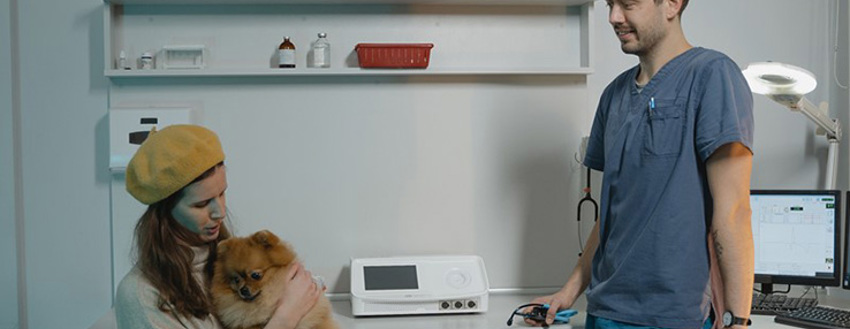
FAQs about puppy vaccination schedules
Do I have to have my dog vaccinated?
Responsible pet owners should ensure their puppy is given their initial course of vaccinations. However, this will not protect them their entire lives. Adult dogs also need annual vaccinations and check-ups.
Will my puppy be safe in the presence of unvaccinated dogs?
If your puppy has not been vaccinated and meets another dog you know is unvaccinated, be sure to hold your puppy above the ground. Until your puppy is fully vaccinated, it should not mix with dogs of unknown vaccination status. However, most puppies are fully vaccinated before meeting their humans!
Do vaccinations help with ticks, fleas and worms?
Vaccinations can help prevent tick-related diseases and other side-effects of other critter bites and infections, but won’t keep ticks, fleas and worms at bay. You should complete a flea and worm treatment every three months after your puppy reaches 12 weeks of age.
What are the side effects of vaccinations in puppies?
Side effects are very rare and are linked to allergic reactions, sensitivity in the vaccinated area, and fever. Other side effects include weakness, lethargy, vomiting, diarrhea and loss of appetite, but these symptoms usually pass within a day or two.
Can special dog food and puppy food help boost my dog’s immune system?
Yes! A specially formulated diet full of essential vitamins and minerals can help improve your puppy’s immune system. Access to fresh, clean water is also important for a strong immune system.
-----
References:
1. Pollock RV, Carmichael LE Maternally derived immunity to canine parvovirus infection: transfer, decline, and interference with vaccination. J Am Vet Med Assoc 1982;180(1):37-42.
2. Day MJ, Horzinek MC, Schultz RD et al. WSAVA Guidelines for the vaccination of dogs and cats. J Small Anim Pract 2016;57:E1–45.
3. Effler P. Leptospirosis: key things to know about this quintessential zoonotic pathogen. Microbiology Australia 2020; 41:19-22.

